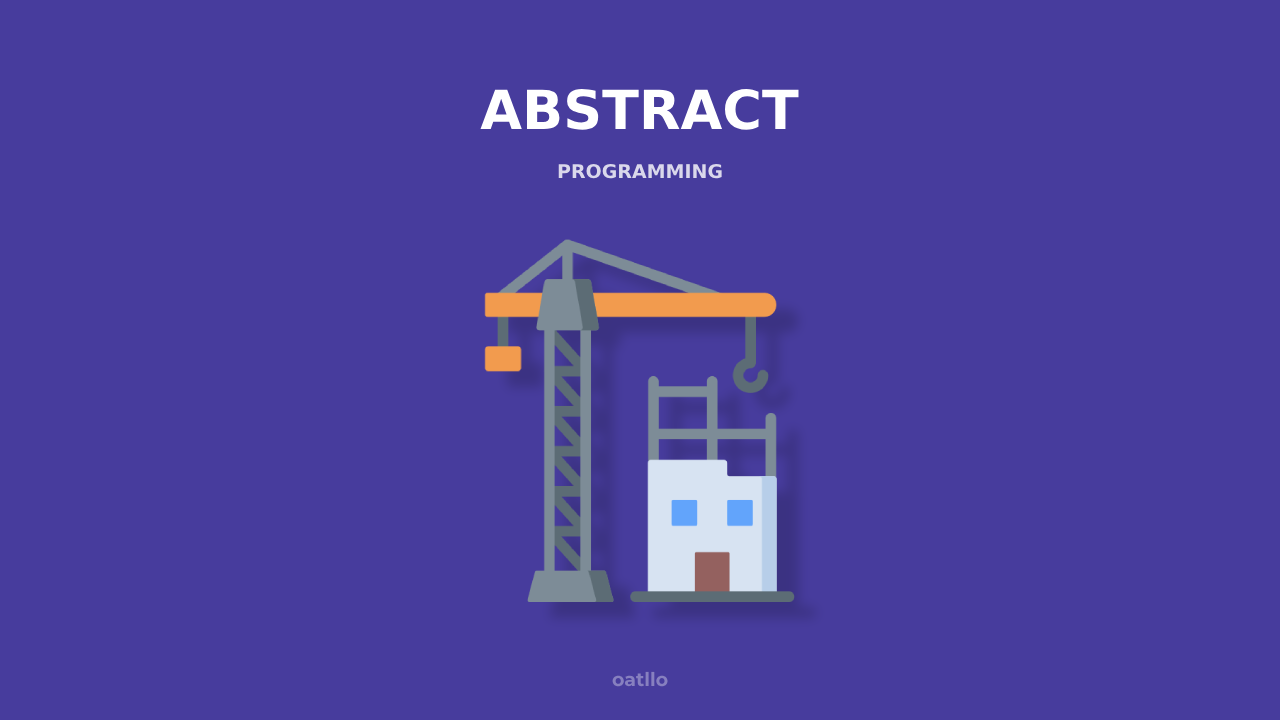Understanding Abstraction in Programming
Abstraction is a fundamental concept in programming that helps to simplify complex systems by hiding unnecessary details. In the context of object-oriented programming, abstraction allows developers to focus on the essential characteristics of an object, while ignoring the irrelevant aspects. Whether you are working with PHP, Java, or any other programming language, mastering abstraction is crucial for writing efficient and maintainable code.
Benefits of Abstraction in PHP
In PHP, abstraction can be implemented through the use of abstract classes and interfaces. By utilizing these features, developers can create a template that other classes can follow, which promotes code reuse and reduces redundancy. Through abstraction, you can streamline your code and enhance its readability, making it easier for other developers to understand and work with your projects.
Real-World Examples of Abstraction
Consider a car as an example of abstraction; when driving, you don’t need to know about the internal combustion engine or the mechanics of the vehicle. Similarly, in programming, abstraction allows users to interact with functionalities without knowing the intricate details. This idea is particularly significant in developing web applications with PHP, where you can create a smooth user experience while abstracting complex logic behind the scenes.
Key Concepts Related to Abstraction
When discussing abstraction in programming, it is also essential to touch upon related concepts like encapsulation and inheritance. While abstraction focuses on simplifying complexity, encapsulation restricts access to certain parts of an object’s data, ensuring that the internal state remains safe and protected. Inheritance allows subclasses to inherit characteristics from a parent class, further promoting abstraction by facilitating code organization and structure.
To delve deeper into these topics and enhance your programming skills, check out the articles below.
